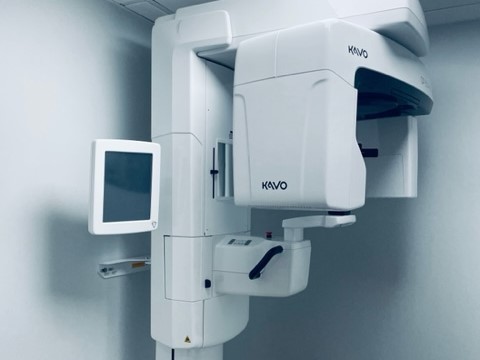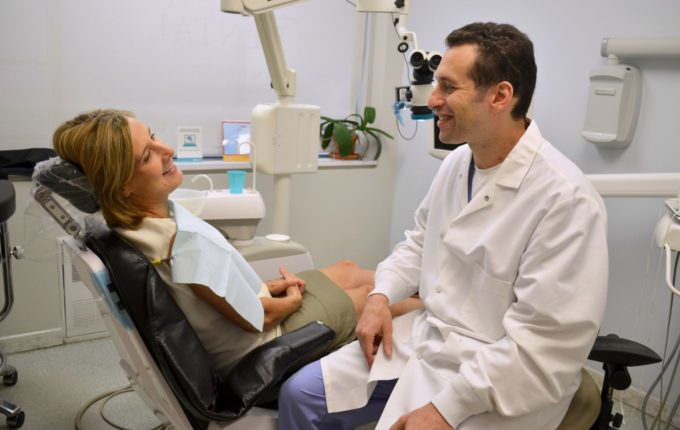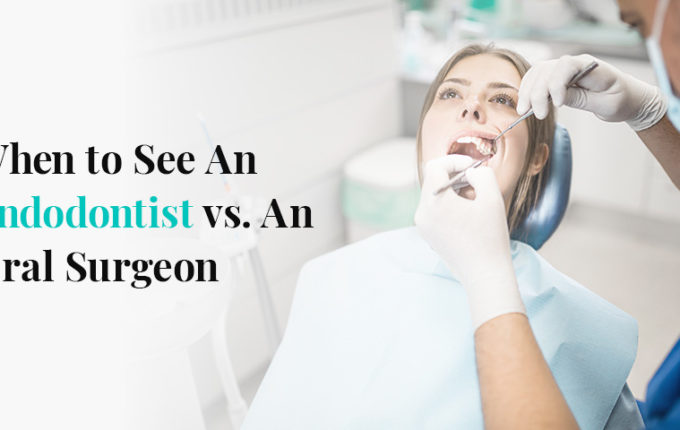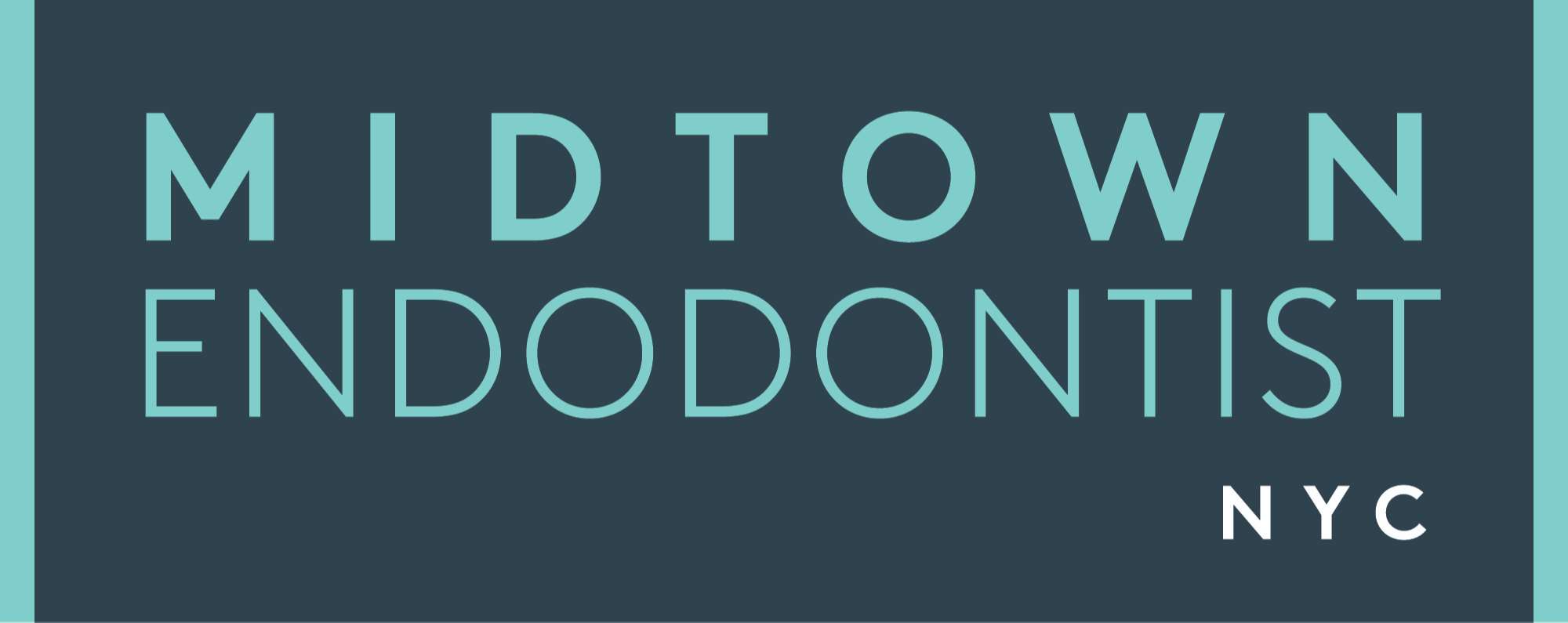Do Root Canals Hurt?
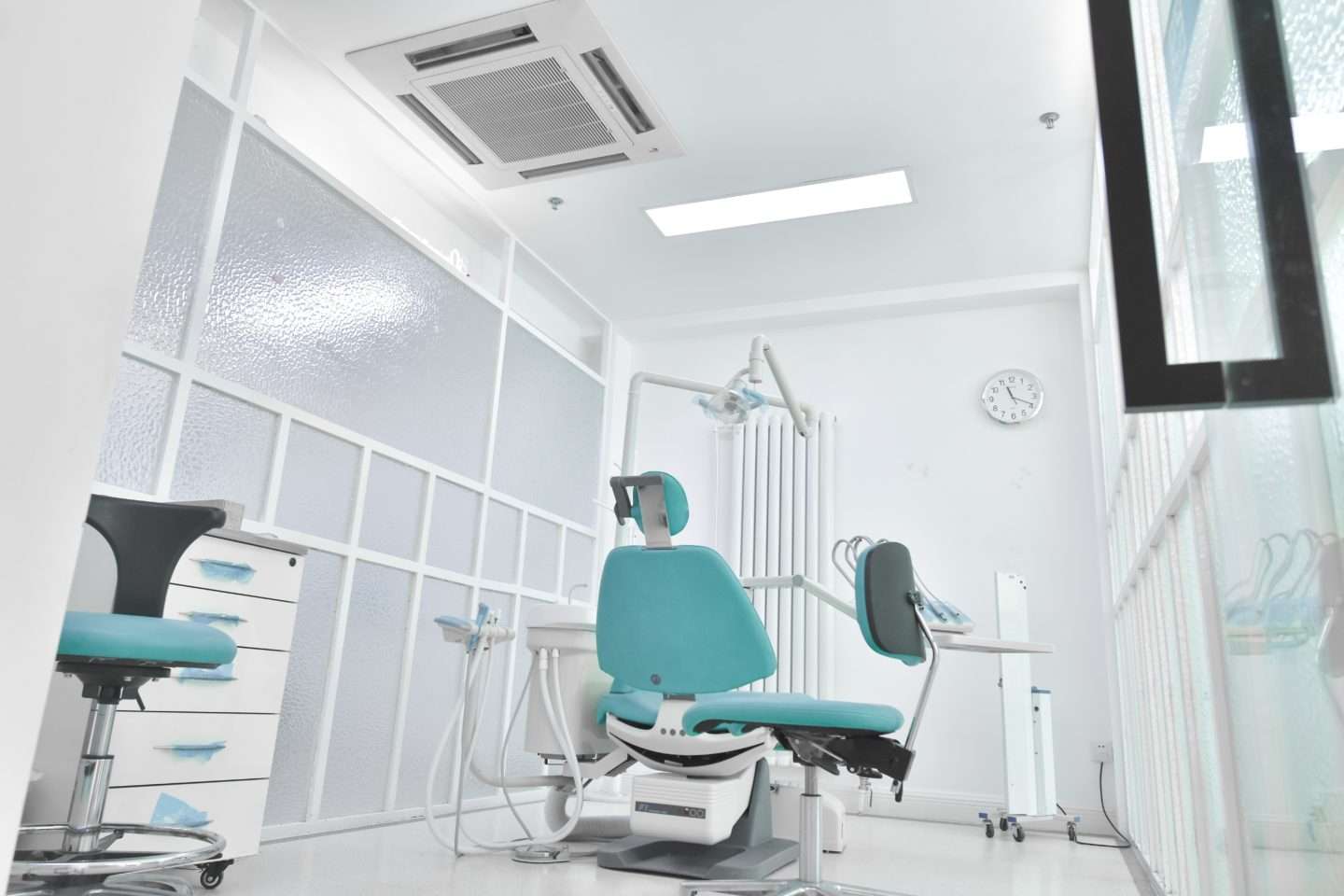
Is Root Canal Painful?
“You need root canal therapy,” says your dentist. Amazing how this simple sentence sends shudders down one’s back. It ranks with the ever popular boss line “Can you please step into my office”. We have been programmed to cringe in absolute fear when hearing these words and the first thing that comes “Does Root Canal Hurt?” Well, the one about painful Root Canal is a myth, and an old joke from the 1960s. What was once an Alfred Hitchcock scary experience is now a simple, pleasant, gentle procedure that alleviates pain. A root canal, in the hands of an expert like Dr. Steven Lipner, is as relaxing as a manicure.
To make it easy understand the pain and root canal connection lets quickly go over how the two are related.
Why Do We Need Root Canal Therapy?
There are a number of reasons why you may need a root canal treatment:
- Broken tooth exposing the pulp (nerve) of the tooth
- Decay that extends into the pulp chamber
- Trauma to the jaw (i.e. sports, fall, auto accident)
- Pain on percussion
- Pain with hot and cold
- Pain upon lying down
- A bump or swelling in the gum coupled with fever and malaise
As you can see most of these reason causing need for a root canal result in pain. However, bare in mind it is not the treatment but the reason!
The focus of root canal treatment is to remove the infected or dead nerve, clean out the infection, and thus stop the pain!
Root Canal Treatment Pain
By removing the infected pulp material inside your tooth, the infection and pain that was present before treatment will now be gone. Most patients feel very little discomfort after treatment.
Dr. Lipner will place patients on antibiotics and pain medication when they are needed.
Post-op discomfort is rare and minimal.
The amount of discomfort depends on:
- How severe infection was before treatment
- How severe tooth was broken or decayed
- Gum and bone condition supporting the tooth
- If the tooth ever treated for root canal therapy before
If there is severe pain prior to treatment that means that the tooth is:
There are only two options of treatment at this point.
- Root canal therapy which is conservative and saves the tooth.
- Extraction, which may be followed by an implant, abutment, and crown.
Root Canal Pain
Pre-operative pain
Each root canal case is unique. When the pulp chamber is violated and the pulp (nerve) is exposed it will die (necrose). As it dies gases are given off due to the invasion of anaerobic bacteria. An infection can form that can lead to an abscess or even worse cellulitis.
When these conditions occur, patients have discomfort, pain. It is this pain that alerts them that something is wrong and brings them to Midtown Endodontist NYC.
So the cause and time spent before treatment, the patient’s pre-existing health condition all factor into how much pain there is prior to treatment. Root canal therapy alleviates that pain.
Pain After Root Canal How Long?
- Usually minimal.
- Dependent on how bad the infection was prior to treatment.
- Controlled well with antibiotics and analgesic medications when necessary.
- Follow-up treatment with a dentist is a must for the placement of the core and crown. The patient will be advised not to eat on the treated tooth until properly restored.
- Some patients have a little discomfort in the muscles in their face, due to keeping their mouth open for an hour, this dissipates in 24 hours, patients are advised to be on a soft diet.
- All pain is typically gone in 48 hours after treatment.
- If pain persists, more than 72 hours, patients are advised to return to Midtown Endodontist NYC for a follow-up visit.
For complete guide on Root Canal Recovery tips check out the article.
Make an Appointment with Midtown Endodontist NYC
Dr. Lipner is a root canal specialist who uses a microscope to do incredibly precise, conservative, and effective work. He saves teeth (infinitely better than extractions and implants) and alleviates pain. If you need Root Canal Therapy don’t grimace, just call Dr. Lipner, he will put the smile back on your face. Contact us today at (347) 708-8795.
Schedule an Appointment for Your Root Canal at Midtown Endodontist NYC Today
BOOK AN APPOINTMENT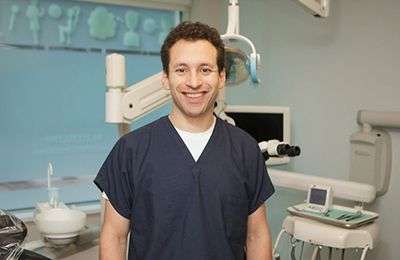 Our Providers
Our Providers
 Blog
Blog
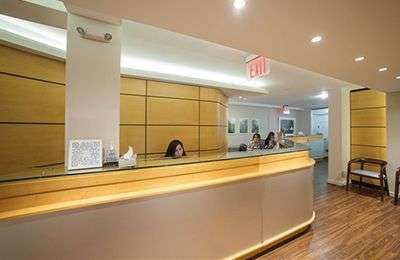 Contact us
Contact us
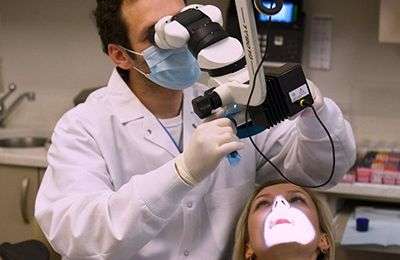 Endodontics
Endodontics
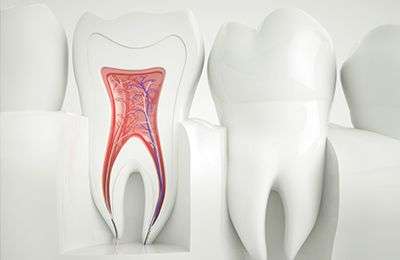 Root Canal Treatment
Root Canal Treatment
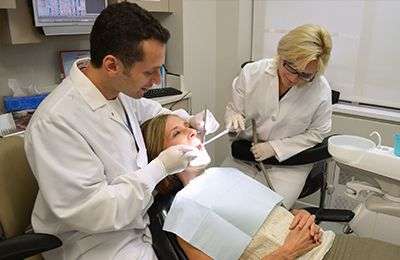 Emergency Root Canal
Emergency Root Canal
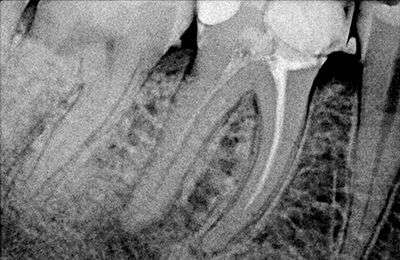 Root Canal Retreatment
Root Canal Retreatment
 Complimentary Teeth Whitening
Complimentary Teeth Whitening
 Teeth Whitening
Teeth Whitening
